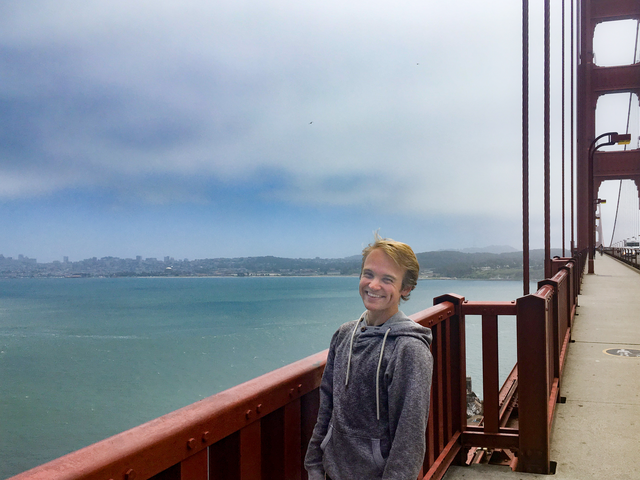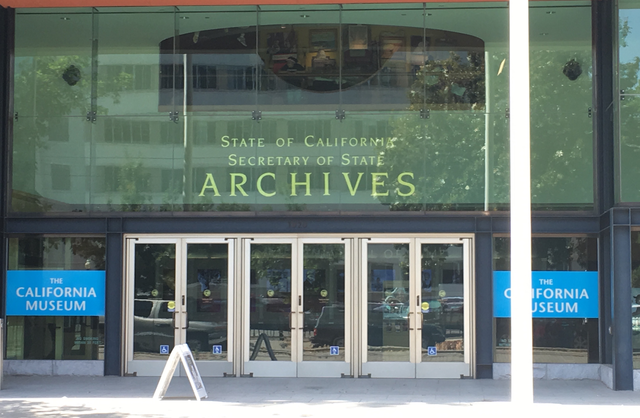Moving on from the research phase
Conducting dissertation research was one of the most powerful experiences of my life. Whether conducting oral history interviews with formerly incarcerated people and activists, or looking through archival materials, the research process meant continually being in suspense. What new thing am I going to learn today? How will this conversation or document complicate what I thought I knew? My fourth oral history interview was with a trans woman who was incarcerated in California men’s prisons from the early 1970’s through the 1980’s. Because she and other trans women organized, the California Department of Corrections began providing transgender prisoners with bras and hormones in 1976. She told me this story casually over tea as we sat in a San Francisco café, but it’s an incredible historic moment that has previously never been documented. It was an honor to listen to her story, and others’ stories, and a big responsibility to be entrusted with them.
Now I’m in the writing stage, which can feel less concrete. With research, it was clear when I’d had a productive day’s work because I added something new to my collection of information. Because writing is so iterative, I might add something today, just to delete much of it tomorrow. I’ve been taking comfort in the routine of writing (every morning, first thing), trusting that my ideas are developing and will continue to take form if I just work away at them.
The relationship between research and writing
One surprising similarity between research and writing is in the depth of connection I feel with the people who shared stories with me. Materially, writing is a solitary venture. I need time by myself, or at least without interruption, in order to write. But I’m spending so much time really thinking about people’s words or experiences that I feel quite close with them. Last summer, I spoke with someone whom I’d interviewed in 2015, and I referenced something she’d said in her interview. She was touched and surprised that I remembered it, because in what other context would someone reference, verbatim, something you’d said three years prior? Of course, the context was different. I had recorded the conversation and spent hours and hours thinking about it. Our relationship was deepened because of all the time I’d spent thinking about her, in her absence. It really is a funny and particular kind of relationship to have! There is a field of queer historiography that thinks about the affective relationships that queer people have to figures of the past; the literature points out that researchers of queer history oftentimes desire connection to, or reflection in, our “subjects.” As I continue to write, I’m interested in thinking more about these relational dimensions of interview-based research.


